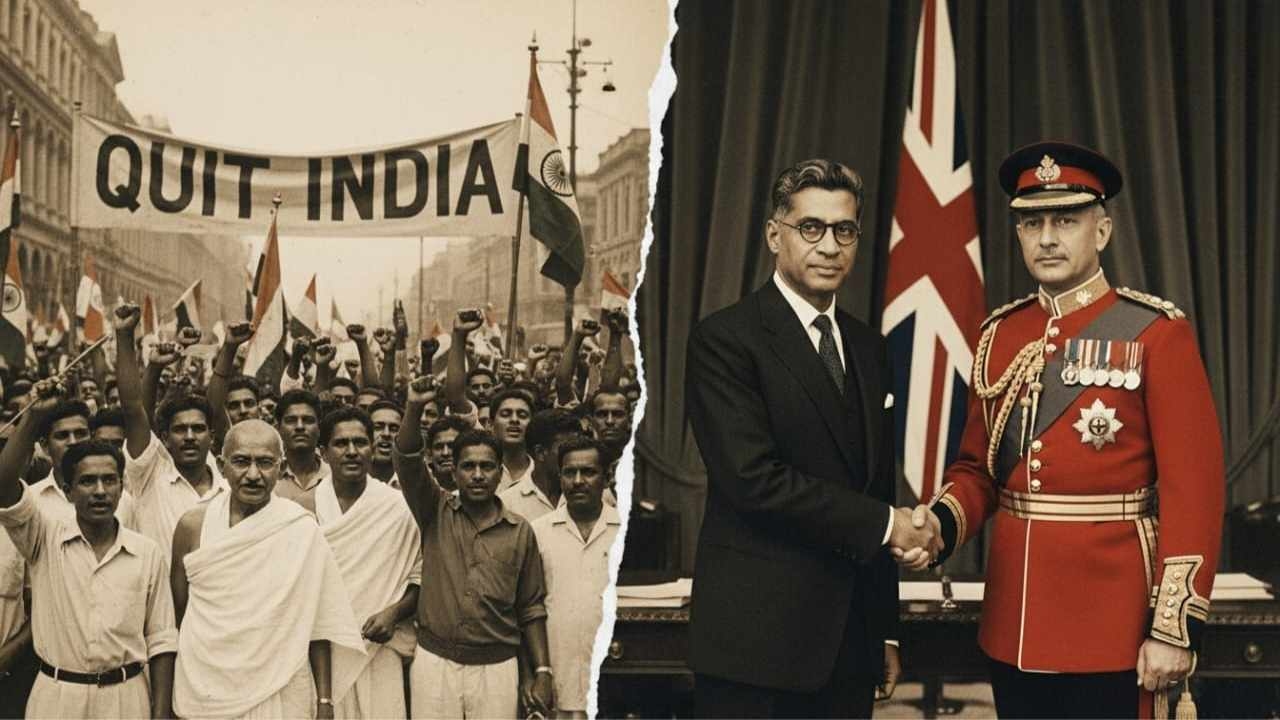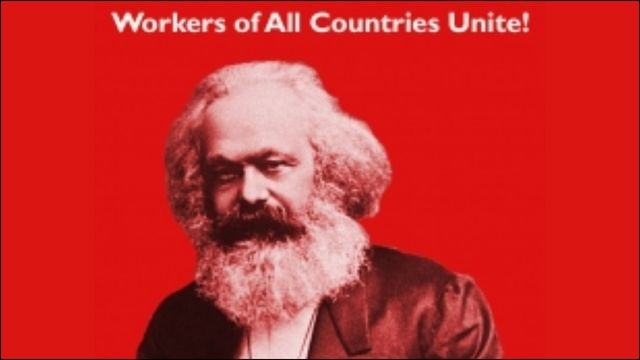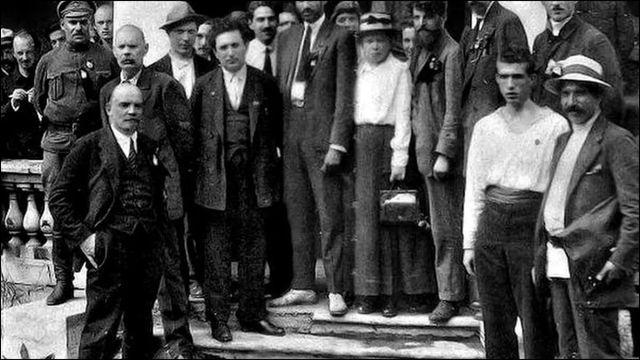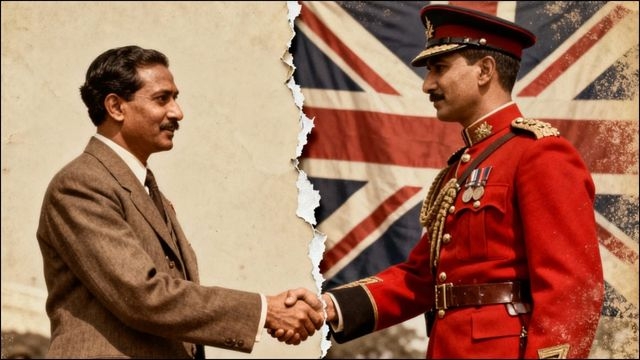The Problem of Internationalism: How Communist Ideology Betrayed India's Freedom Struggle
20 Nov 2025 22:11:23

The Problem of Internationalism: Communists and the Indian Freedom Struggle
In 1942, when the Congress Party raised the historic Quit India slogan and launched a nationwide movement against British colonial rule, Indian communists faced a moment that would define their legacy. They stood aside. At a time when millions of Indians rose in defiance of foreign domination, the Communist Party of India not only refused to participate but also worked against the movement by collecting war funds for Britain. This decision arose from an unwavering commitment to Marxist internationalism, a principle that placed global working class solidarity above national liberation. This leads to an important question that continues to shape historical debate. What was the real role of communists in India's freedom struggle?
Marx's Vision of Internationalism
Karl Marx viewed internationalism as the natural unity of workers across borders. The Communist Manifesto declared that workers of all countries must unite. For Marx, this was not simply a slogan. It was a strategic idea based on the belief that class solidarity would rise above national identity. During the First International, he argued that workers had no country because their shared struggle against capitalist exploitation was more significant than differences created by national boundaries.

This principle held meaning in Marx's European setting. He hoped workers would see that their true conflict was not with workers in other nations but with the capitalist class everywhere. International solidarity would prevent ruling classes from dividing workers through national rivalries, a tactic often used to maintain power.
The Indian Reality

The Communist Party of India, formed at Tashkent under the leadership of M.N. Roy, came into existence at a time when Mahatma Gandhi was shaping the independence movement. For a short period, the party worked within the Congress before leaving due to disagreements with what it considered right leaning policies. Communists organised trade unions and farmers' movements and gradually built influence among workers and peasants.
However, when a decisive moment arrived in 1942, the CPI's strict commitment to Marxist internationalism led to a serious misjudgement. The party did not expect that India would achieve freedom within five years. More importantly, once the Soviet Union joined Britain as an ally during the Second World War, the CPI immediately followed the international directive. They collected war funds for Britain and supported British war efforts.
The CPI believed this was the correct step from a Marxist internationalist viewpoint. Supporting the ally of the Soviet Union meant defending international socialism. Nationalism was dismissed as bourgeois thought, and committed revolutionaries were expected to prioritise international working class unity over national goals. When Gandhi asked Indians to burn foreign clothes, communists wore mill manufactured cloth as a gesture of goodwill towards the British working class.
The Consequences of Dogma
This strict internationalism resulted in Indian communists withdrawing support from the Quit India movement when the struggle was at its peak. While soldiers, students, farmers and workers faced police violence, bullets and imprisonment for seeking freedom, the CPI aligned itself with the colonial government in the name of international solidarity.

The contradiction became clearer with time. The same party that refused to stand for national liberation later labelled the Mopla rebels as freedom fighters when E.M.S. Namboodiripad led the government in Kerala, despite the communal violence associated with the rebellion. Telangana communists who fought against the Nehru government after independence were also recognised as freedom fighters when Indrajit Gupta became Home Minister. The party applied nationalist labels only when it suited its political interests. Yet it rejected nationalism when the fight for independence demanded clear choices.
Theory Versus National Liberation
The core issue lay in applying Marx's nineteenth century European ideas as universal truths for twentieth century colonial India. Marx studied industrial capitalism. India, however, faced colonial domination of a mostly agricultural society. The main contradiction in India was not between Indian workers and Indian capitalists but between the colonised nation and the foreign imperial power.
Any form of internationalism that ignores national oppression risks supporting that oppression. Marx himself recognised this while writing about Ireland's colonisation by England, saying that any nation that oppresses another eventually damages itself. Indian communists did not apply this insight to their own situation. They continued to believe in the ideology and failed to see that strict loyalty to theory had stopped them from understanding the needs of their time.
A Missed Opportunity
India's independence movement was exactly the kind of mass struggle that should have encouraged communist participation. Workers and peasants were actively resisting imperial rule. Yet communists, guided by what they considered scientific theory, stood aside because the movement did not match their ideological expectations.
The irony is striking. A party claiming to represent workers abandoned them during their greatest fight for freedom. The impact of this choice continues to shape political memory. Marxist historians later attempted to reshape Indian history through the lens of class struggle, often ignoring the larger national context to fit ideological goals.
The message that emerges is simple. When ideology forces individuals to choose international principles over their own people's struggle for freedom, the problem lies in the ideology. Internationalism that cannot tell the difference between supporting workers and supporting colonisers loses all relevance as a progressive force.
Article by

Aadarsh Gupta
Young Researcher